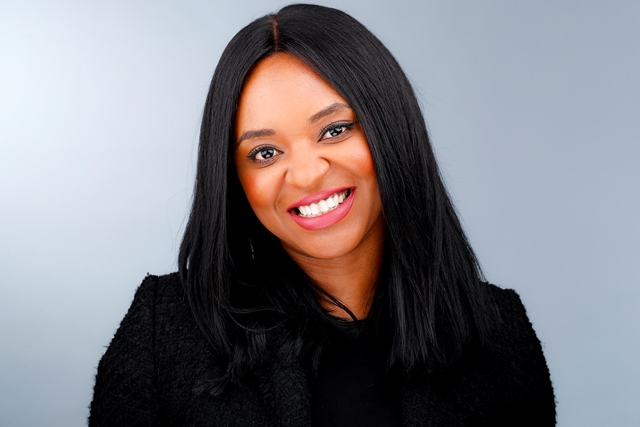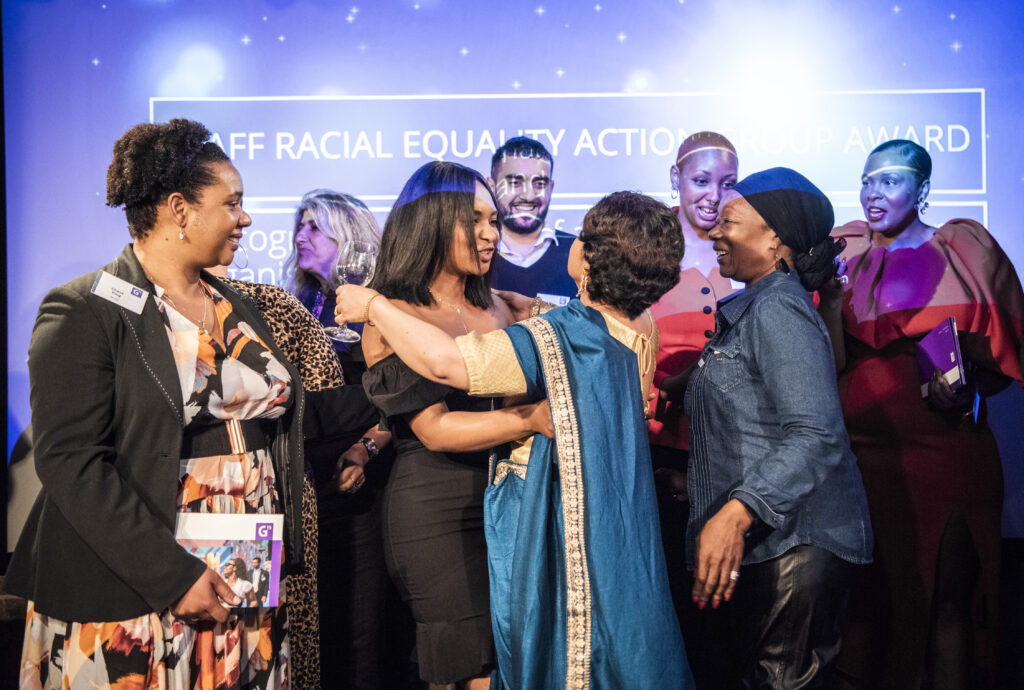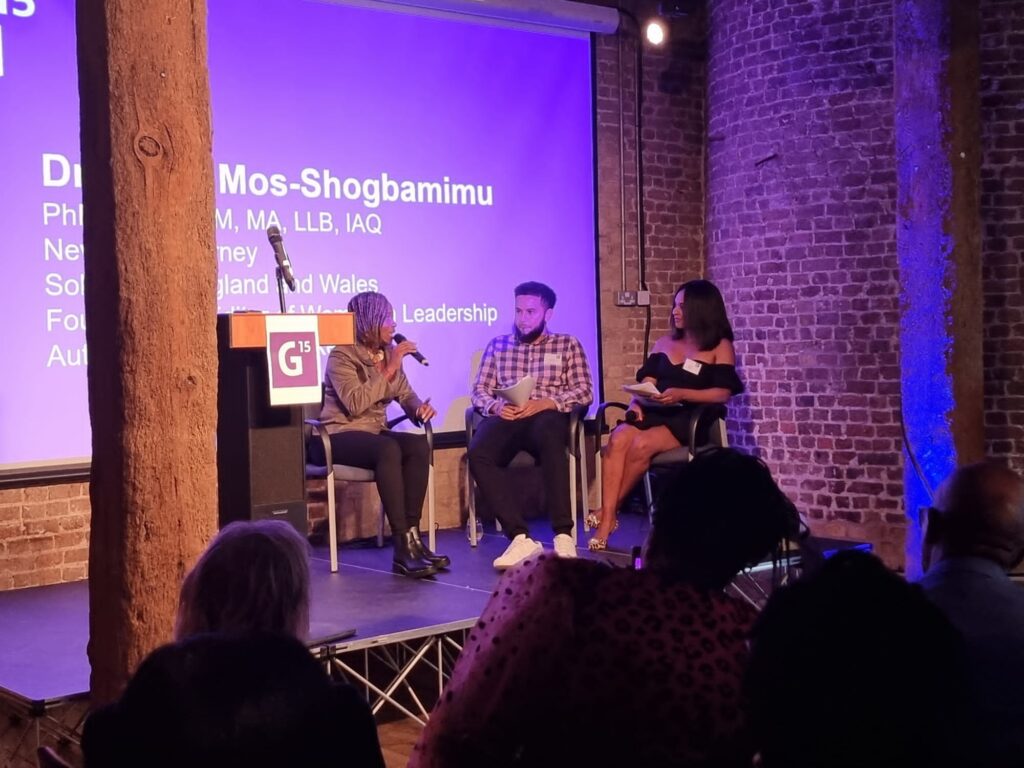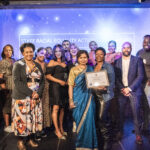This month we're shining a spotlight on Violet Pugh
Where are you now and how did you get here?
I’m the oldest of four children and was born and raised in Zimbabwe. I’ve been living in London for about 25 years. I have over 12 years’ marketing and communications experience delivering the promotion and positioning of award-winning property and retail brands. I began my career when I was 15 years old in retail fashion and beauty, and I spent a few years in PR and then moved into marketing. I didn’t intentionally plan a career in marketing, but I’ve always been creative and loved writing- although I always thought I’d end up with a career in journalism.
I’ve worked in various marketing roles within the housing industry for the past six years, and I now work as Digital Marketing Manager at Metropolitan Thames Valley Housing. Along side my day to day job, I’m heavily involved in a number of inclusive initiatives at MTVH including chairing Rise; MTVH’s ethnicity staff network group

I owe my career success to having access to mentors who have helped me navigate challenges. They have also helped me with developing my confidence to grab opportunities and teaching me not to be apologetic about owning that space.
If society or work has created obstacles for you due to your BAME heritage, how did you deal with them?
During my working life I have unfortunately experienced obstacles in regards to my black heritage. Early on in my PR career, I was given the advice that my first name, Tariro, was ‘too ethnic and that when speaking to journalists they would find it difficult to remember and that my middle name was lovely and I should use that instead. It suited me better’. I was young and naive and my sense of wanting to feel that I belonged and accepted took over. I decided that day that I would no longer use my ‘ethnic’ name in the work place and go by my middle name, Violet, instead. Looking back now with a much wiser head on my shoulders and strong sense of comfort in my own skin, I know that I didn’t deal with this obstacle the right way and I allowed my insecurities to get the better of me. That said, my grandmother loves that fact that I use my middle name because she named me Violet, after my great grandmother.
I worked for a company once where I was one of a handful of black employees out of about 250 people. Whilst there I was overlooked for a position that I was fully qualified for which was offered to a non BAME colleague. They didn’t have anywhere near the experience that I had, nor the work ethic that I did. It is often said that success is sometimes about who you know, rather than what you know. So I quickly learned how to expand my internal network and developed meaningful relationships within the organisation. I wouldn’t say that it’s all about leveraging relationships in order to succeed. I attended networking events. I developed other interests outside of my comfort zone to socialise with colleagues. I volunteered and took part in company events. I ensured I maximised opportunities I was exposed to with peers who had knowledge and skills that I didn’t have. It served me well. A few months later I ended up at another company in a new job that was even better.
Have role models informed your career development? If so, how?
I have many role models that have informed my career from personal to professional. They are too many to mention but they know who they are because I always go out of my way to let people know when they inspire me. I feel it’s important to show appreciation for those that pave the way and provide a blueprint to follow, and also make things easier for those following behind.
I’ve also been fortunate enough to have great professional mentors in recent years and having them has empowered me in my personal development. It increased my confidence and conviction to be my best self and reach my full potential career wise.

Why do you think it is important to see more BAME people in leadership roles?
I feel that is important to see BAME people in leadership roles because this champions true inclusion and diversity in the workplace and it’s more reflective of the communities in which operate in.
It also helps remove or at least challenges the barriers that currently exist for BAME people. Opportunities are limited and we need to close that gap for future generations. There is so much BAME talent in Housing, why are we not getting fair representation and equal chances to succeed in leadership roles?
Tell us one thing or person that helped you develop confidence as a young person?
As it’s national inclusion week, I think it’s important to pause and think about small acts of kindness. That small act can have a lasting impact in someone’s life. For me, it was as a couple of my secondary school teachers, who gave me the chance to speak up in class when I had ideas. I was very shy and quiet when I was younger. So it boosted my confidence knowing that they ‘saw me’ and I was worthy of having a voice and for my ideas to be heard too.




